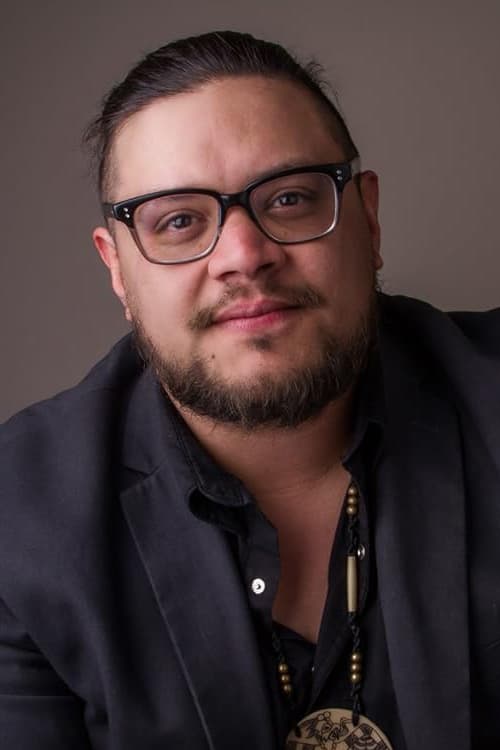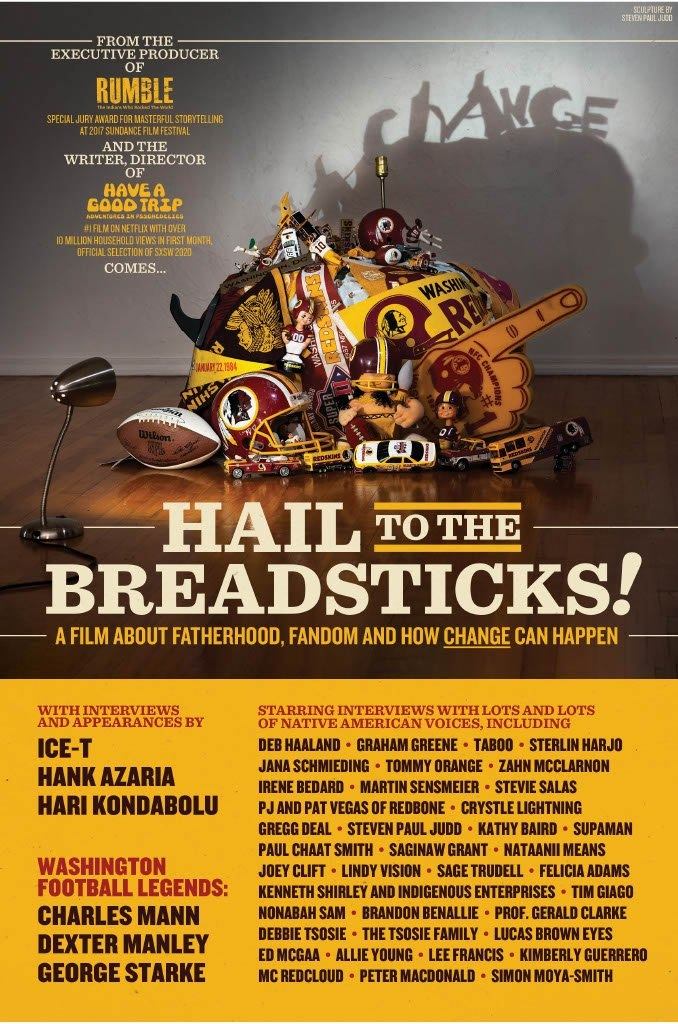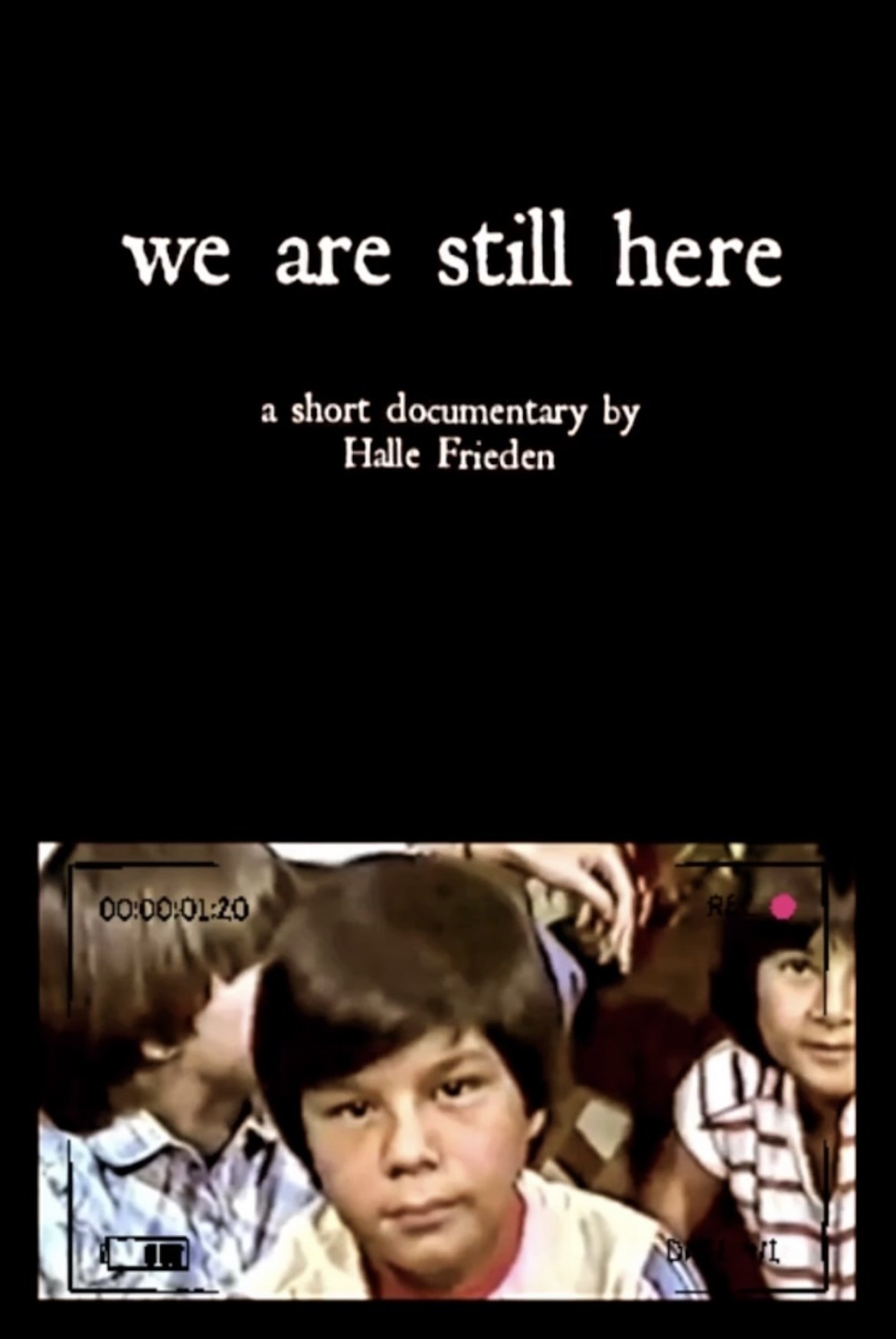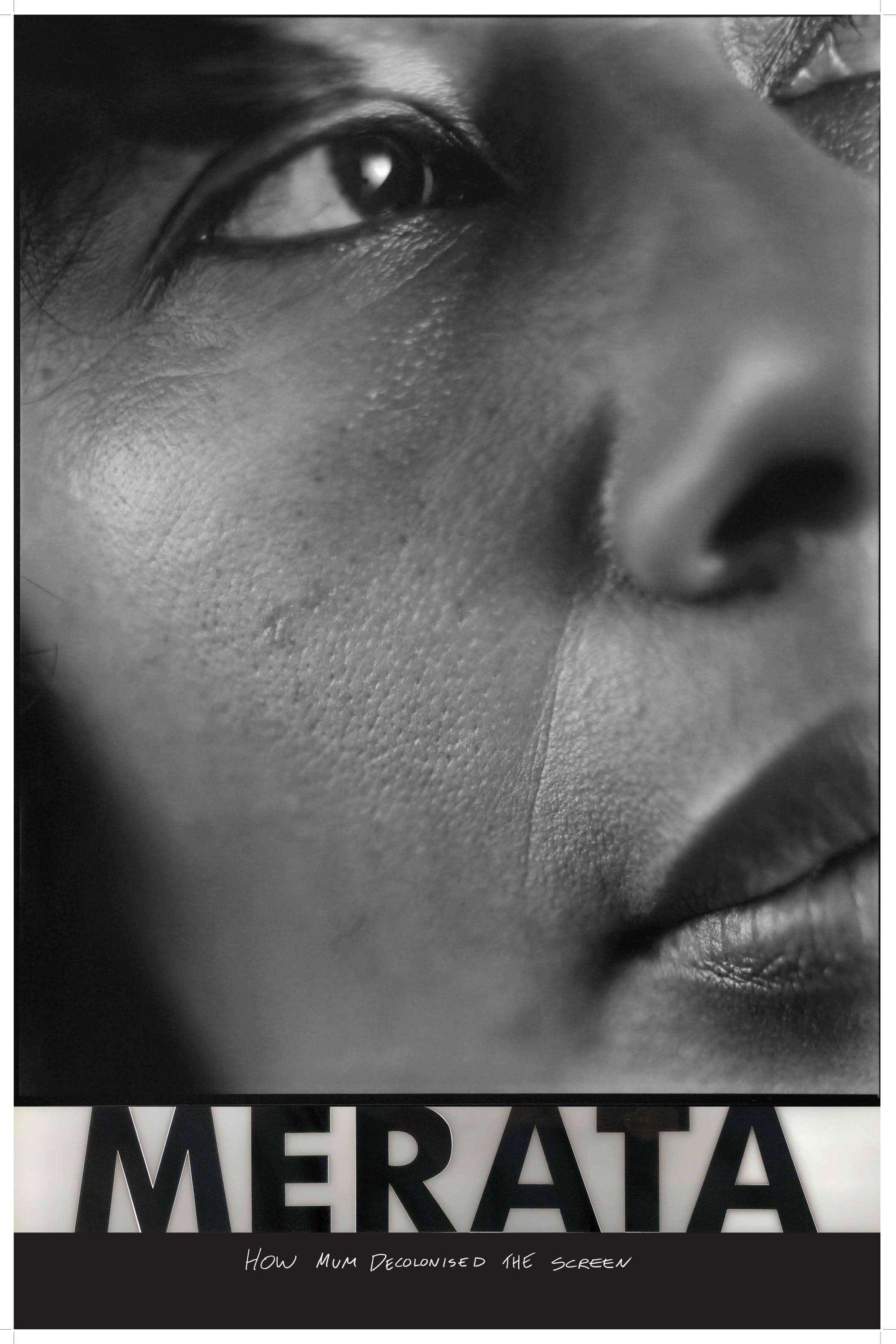

Writer producer Donick Cary (The Simpsons, Parks and Recreation, Have a Good Trip, etc.) has been a huge fan of the Washington D.C. pro football team since before he could walk. Passed down from his dad, he was excited to pass the tradition onto his kids. Donick never questioned the team name and or Native American logo until one day, while watching a game, his 9-year-old son, Otis, asked him if it was racist. When Otis suggests they ask Native Americans how they feel, it sends the two on a cross-country journey full of unexpected surprises.

Indigenous people have been misrepresented in film since the beginning of the Classic Hollywood Era, and people believe that Native Americans have vanished. We Are Still Here.

This film is an intimate portrayal of pioneering filmmaker Merata Mita told through the eyes of her children. Using hours of archive footage, some never before seen, her youngest child and director Hepi Mita discovers the filmmaker he never knew and shares the mother he lost, with the world.
Native American actor Martin Sensmeier travels to San Juan County, Utah, to investigate the controversy over the Bears Ears National Monument. While there, he learns how the fight over the monument is just one more battle in a long-running war between the county's Native American citizens and their Mormon neighbors over who will control the future of the county. His journey reveals how voting rights denied by the Mormons have led to the marginalization of their Native neighbors and learns about the long history of looting of sacred archeological sites in the county.
Sterlin Harjo (born 14 November 1979) is a member of the Seminole Nation and has Muskogee heritage. He was raised in Holdenville, Oklahoma and attended the University of Oklahoma, where he studied art and film. He received a fellowship from the Sundance Institute in 2004. His short film, Goodnight, Irene, premiered at the 2005 Sundance Film Festival and received a special jury award at the Aspen Shortfest. In 2006, he received a fellowship from the newly formed United States Artists foundation. Harjo's first feature film, Four Sheets to the Wind, tells the story of a young Seminole man who travels from his small hometown to Tulsa to visit his sister after the death of their father. The film premiered at the 2007 Sundance Film Festival where it was nominated for the grand jury prize. Harjo was named best director at the 2007 American Indian Film Festival. Harjo's second feature, Barking Water, premiered at the 2008 Sundance Film Festival. It portrays a road trip by a dying man and his former lover across Oklahoma to see his daughter and granddaughter in Wewoka, the capital of the Seminole Nation. Barking Water was named best drama film at the 2009 American Indian Film Festival. Harjo's first feature documentary, This May Be the Last Time, is based on the story of Harjo's grandfather, who disappeared in 1962 in theSeminal County town of Sasakwa. It explores the subject of Creek Nation hymns and their connection to Scottish, folk, gospel and rock music. The film premiered at the 2014 Sundance Film Festival. His third feature film, Mekko, a thriller set in Tulsa, premiered at the Los Angeles Film Festival in June 2015. Mekko paints the portrait of a homeless Native American parolee who seeks to save his chaotic yet beautiful community from the darkness that threatens it. Harjo has also directed a number of short-form projects. His 2009 short film Cepanvkuce Tutcenen (Three Little Boys) was part of the Embargo Collective project commissioned by the imagineNative Film + Median Arts Festival. He has directed a series of shorts for This Land Press in Tulsa, where Harjo is the staff video director. He was a member of the 2010 Sundance shorts competition jury. Harjo is a founding member of a five-member Native American comedy group, The 1491s. He also is one of the directors of Cherokee Nation’s monthly television news magazine, Osiyo, Voices of the Cherokee People, which is produced by Fire Thief Productions, a Native American production company which he co-founded with Cherokee photographer, Jeremy Charles.
By browsing this website, you accept our cookies policy.